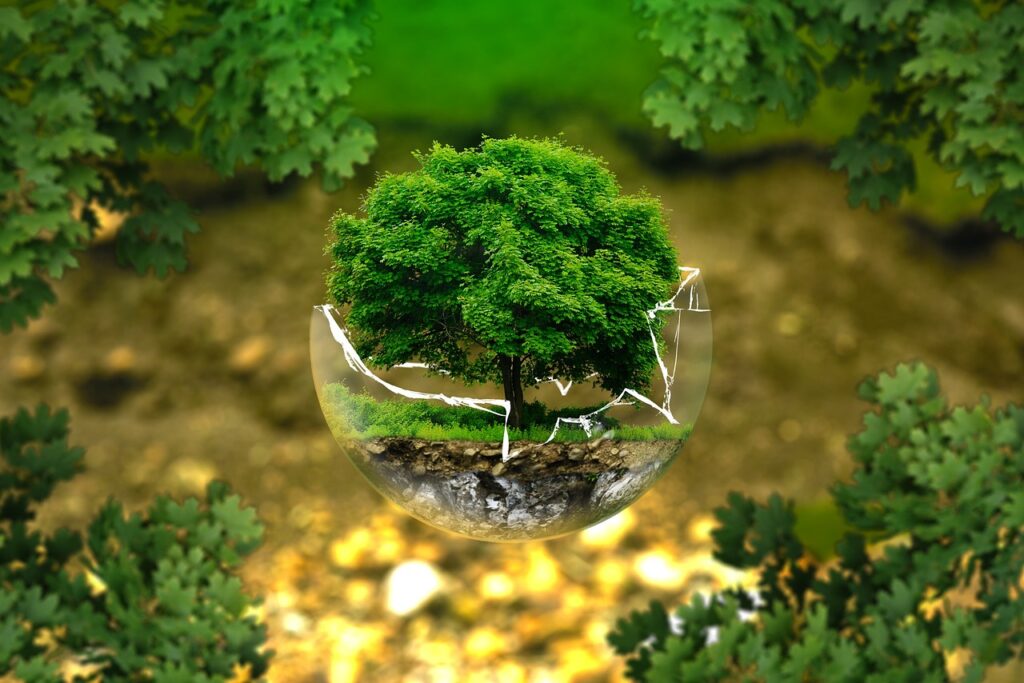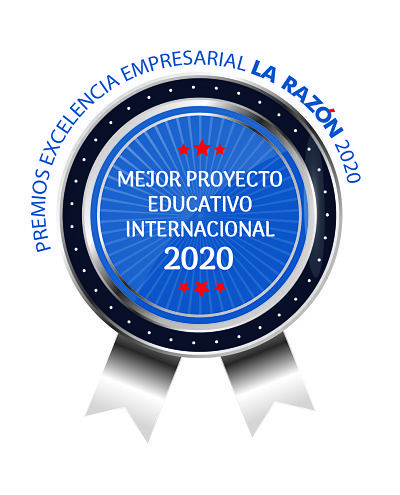What is environmental education and its importance at school?
Education in environmental values is one of the most important teaching unit in today’s educational programmes. Determining what environmental education is, establishing ecological values and establishing healthy routines for the environment, are the objectives of this part of the educational process.
At Palacio de Granda we are very committed to transmitting ecological values to our students. In addition to education in the classroom, we organise all kinds of activities that allow us to be in permanent contact with the nature close to our school.
What is environmental education?
Environmental education is an educational process that promotes awareness and knowledge about environmental problems, promoting responsible and sustainable behaviour in relation to the environment. This process seeks to develop skills, values and attitudes to understand current and future environmental challenges.
Environmental education enables an understanding of the connection and interdependence between human beings and the environment, which implies the promotion of sustainable practices in all areas of life, including home, work, education and leisure.
Environmental education can integrate different educational actions, such as formal and informal teaching programmes, awareness-raising and outreach campaigns, outdoor activities, workshops, etc.
Environmental education is a comprehensive educational process, which seeks to promote knowledge about the environment, encouraging responsible and sustainable behaviour. It is essential to address environmental challenges and build a more sustainable and just future for all.
The objectives of environmental education
The main objective of environmental education is to raise awareness of environmental issues, and to achieve this, it is important to set the following goals.
- To promote respect for the environment as a fundamental resource for human life and the well-being of all species.
- To promote the adoption of sustainable habits and practices in routines related to food, transport, consumption or waste management.
- To develop skills for the identification and analysis of environmental problems, and for solution-oriented decision-making.
- Encourage participation in volunteering and community engagement activities.
- Develop a critical understanding of environment-related policies, practices and technologies, and encourage reflection on their social impact.
The importance of raising awareness among the next generations
Raising the awareness of the next generations about respect for the environment is important to ensure a sustainable future for our planet and for all the species that inhabit it. Environmental education from an early age is fundamental for pupils to perceive the importance of the environment and the need to protect it.
Teaching children and young people about environmental problems and how to prevent or solve them is fundamental to promoting environmentally friendly practices. If young people understand the importance of caring for the environment and the consequences of not doing so, they are more likely to take positive action and contribute to change.
Respect for the environment is a fundamental value for the sustainable development of society. In an increasingly interconnected world, environmental degradation has global impacts and affects all communities, including the impact on future generations. Environmental education can be a very effective tool to foster cooperation and solidarity, with the aim of building a more just and sustainable future.
Schools have a responsibility in terms of environmental education of our students, raising awareness of the next generations about respect for the environment is essential to ensure a sustainable future.
Ecological activities at Palacio de Granda
In order to determine what environmental education is, it is necessary to incorporate to the theoretical part, practical activities that allow students to be in contact with nature. At Palacio Granda we have the privilege of being located in an incomparable natural enclave.
Siero is a council belonging to the Principality of Asturias, located in the central area of the Community, very close to Gijón, this natural space offers us the perfect environment for our students to discover the importance of ecology.
Another of the advantages of our school in terms of environmental education is that we are part of the Ecoescuelas network. Ecoescuelas is an educational programme which aims to promote environmental education and sustainability in schools in different countries around the world. This programme promotes the active participation of students, teachers and school staff in the environmental management of the school, in the promotion of healthy and sustainable living habits, and in the implementation of environmental improvement projects.
As part of this educational organisation, our commitment includes carrying out activities in natural areas close to our school, so that our students can get to know their surroundings.








